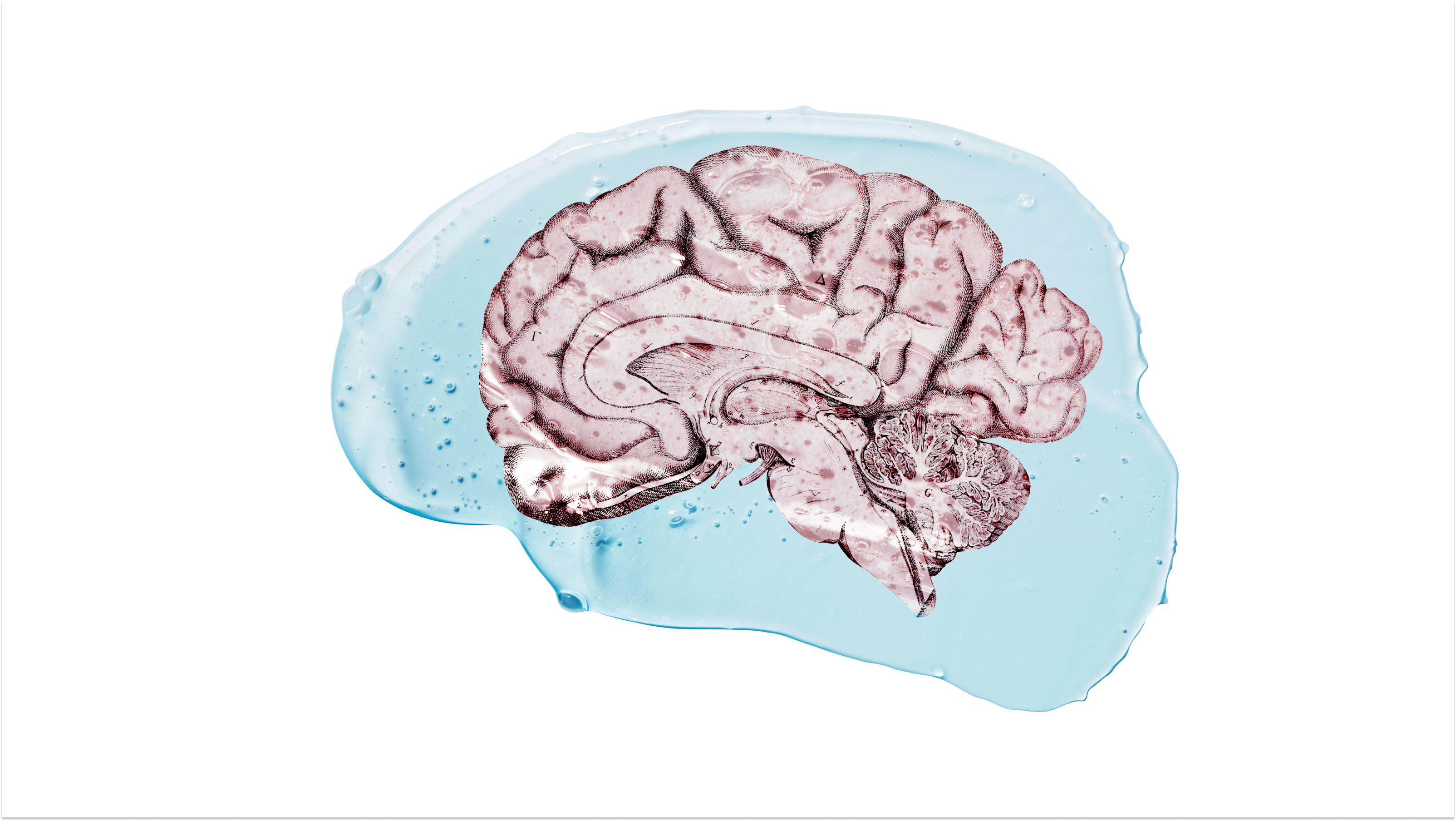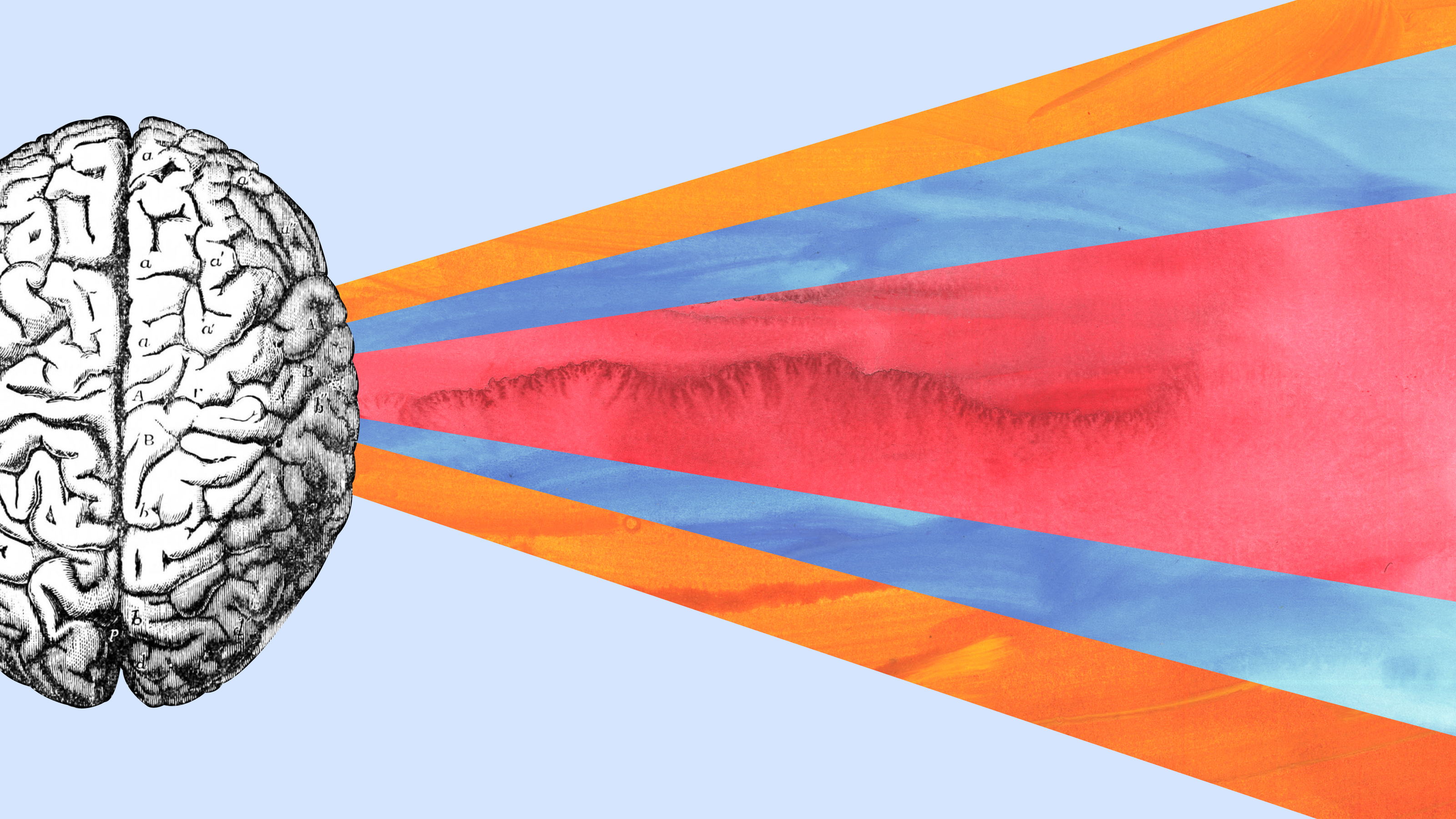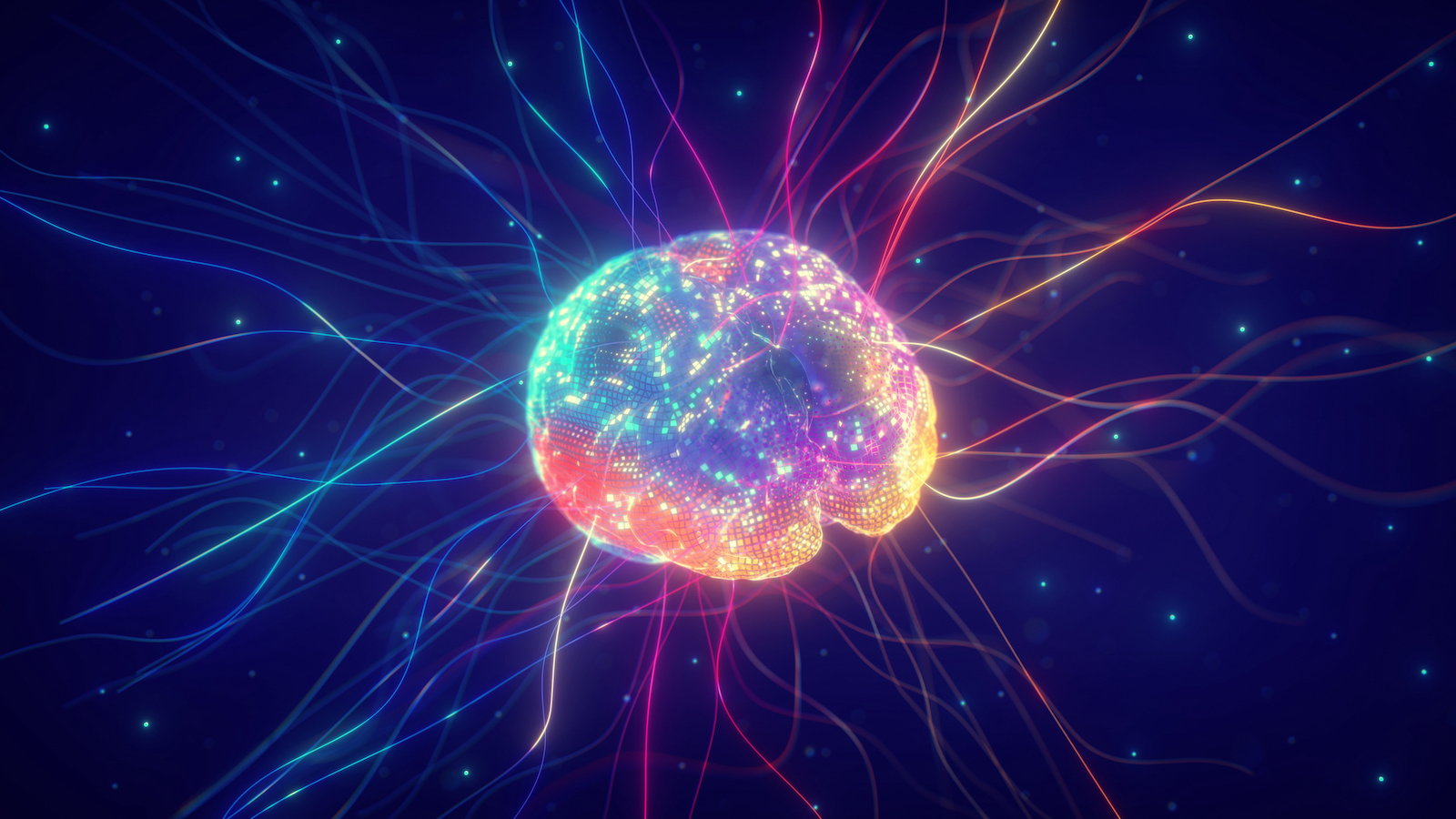Brain zaps during sleep enhance memories

- Sleep is known to be important for memory consolidation, but the underlying mechanism is not entirely clear.
- A new study provides direct evidence that memory consolidation requires synchronized activity between the hippocampus and prefrontal cortex.
- The findings could one day help boost memory in patients with Alzheimer’s disease and other conditions in which memory is compromised.
Why we sleep was largely a mystery until recently. We now know, however, that sleep serves at least two important neurological functions. One of these is housekeeping. While we sleep, a network of vessels called the glymphatic system clears waste products from the brain, and sleep disturbances may contribute to neurodegenerative diseases by impairing this process.
We also know that newly formed memories are strengthened, or consolidated, during sleep. Memory consolidation is thought to occur as a result of interactions between two brain structures, the hippocampus and frontal cortex, but the precise mechanism is not clear.
Now, a new study by researchers at the University of California-Los Angeles and Tel Aviv University, which involves stimulating and recording directly from the brains of neurosurgical patients, provides direct evidence for how coordinated activity between the hippocampus and prefrontal cortex consolidates memories.
Rare brain access
Most brain research is done using animal models, and that done with human participants almost always uses indirect, non-invasive methods to probe the brain. Maya Geva-Sagiv and her colleagues had the rare opportunity to perform experiments on 18 patients being evaluated for neurosurgery to treat severe, drug-resistant epilepsy. This typically involves implanting electrodes into the patients’ brains and then waiting for them to have a seizure. The electrodes help surgeons to identify the abnormal tissue causing the seizures, so that it can be safely removed without damaging the adjacent tissues.
After getting written consent from their patients, Geva-Sagiv and her colleagues implanted depth electrodes in order to stimulate and monitor the activity of individual neurons in the hippocampus and prefrontal cortex. On three successive nights, they showed the patients photographs of well-known celebrities paired with animals, and asked them to recall which was paired with which, both immediately afterward and again the following morning.
The patients’ memory recall was more accurate after a night of undisturbed sleep than when they were asked to perform the test immediately after seeing the photographs. But their memory improved further still when they received electrical brain stimulation over the third night.
Brain zapping
To achieve this, the researchers monitored the patients’ brain activity while they slept, in order to identify the non-rapid eye movement (NREM) stage of sleep, during which memory consolidation occurs. When the patients entered this sleep stage, the researchers delivered small pulses of electricity to both the hippocampus and prefrontal cortex, which effectively caused cells in both regions to synchronize their firing.
Electrical stimulation apparently improved memory consolidation by enhancing sleep spindles, a pattern of brain waves that occurs during NREM sleep, and also by coupling brain waves in the hippocampus, the prefrontal cortex, and the thalamus, which relays and processes information flowing to the cerebral cortex.
The findings, published in the journal Nature Neuroscience, provide direct evidence that synchronized activity between the hippocampus, prefrontal cortex, and thalamus plays a role in memory consolidation. They suggest that deep brain stimulation, which is widely used to treat the symptoms of Parkinson’s disease, could also be used to improve memory in people with Alzheimer’s and other forms of dementia.
“Our next challenge is whether we have the ability to modulate specific memories,” says senior author Itzhak Fried.





